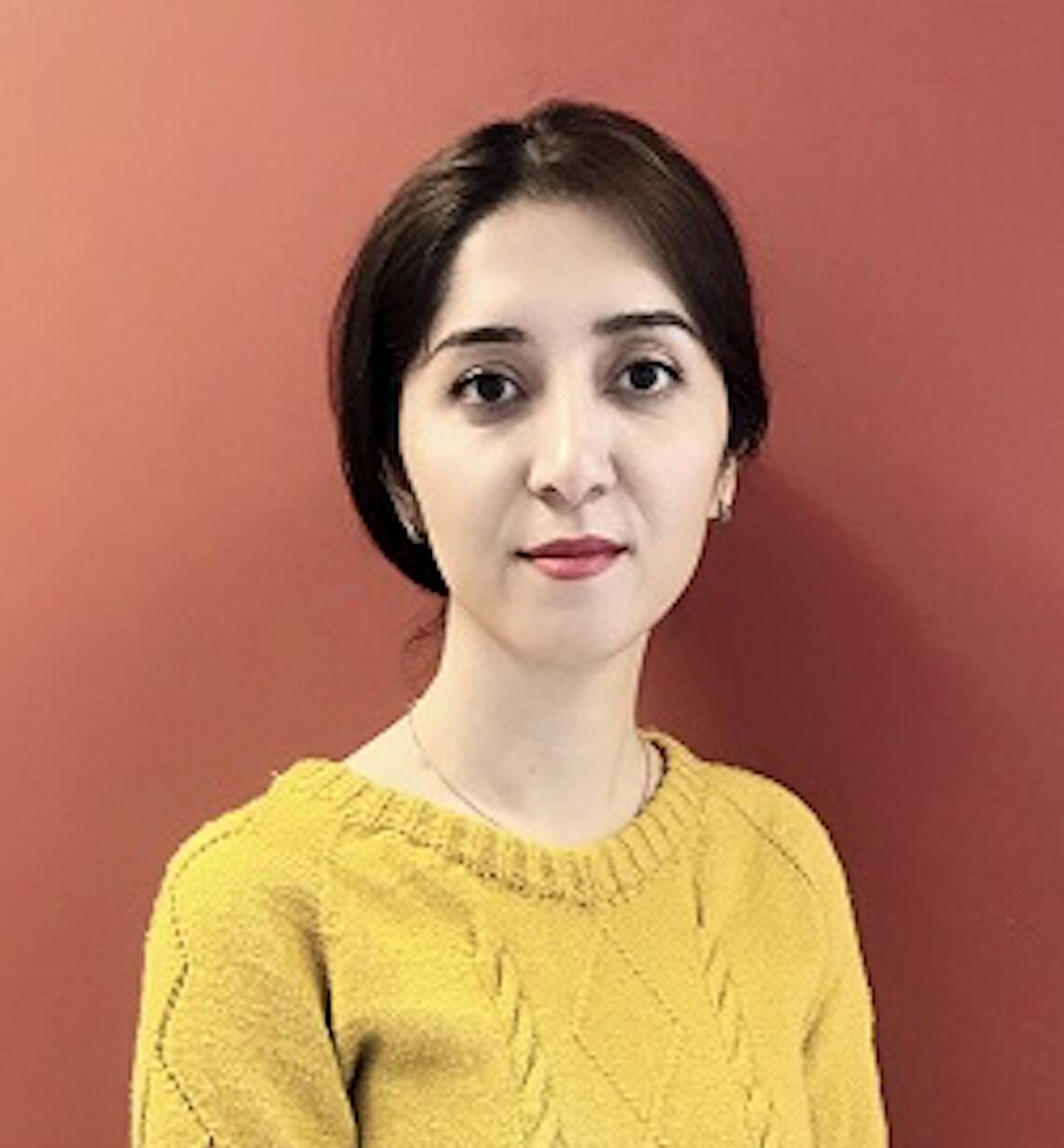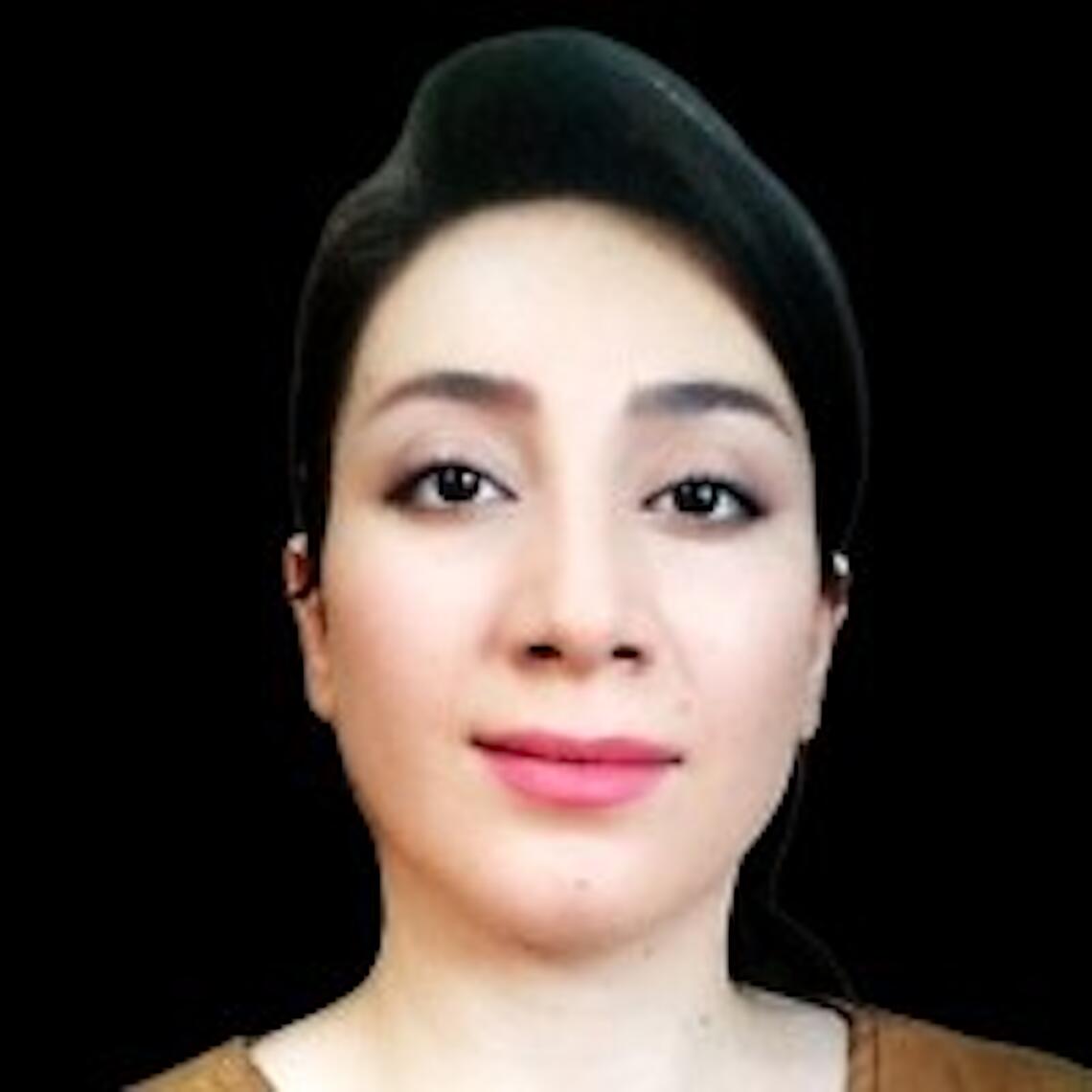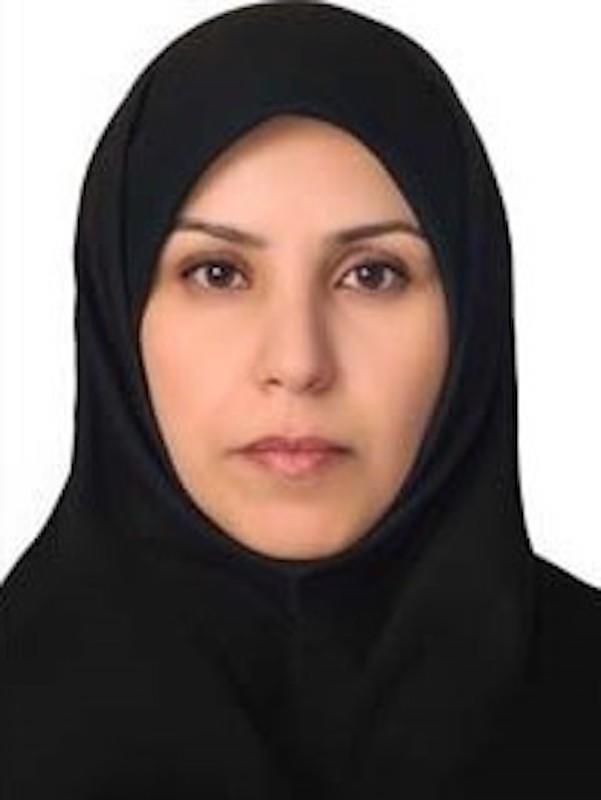Principle Investigator

Dr. Amir Sanati-Nezhad, Ph.D., P.Eng
- Professor, Department of Biomedical Engineering (2024-) Link
- Associate Professor, Department of Biomedical Engineering (2022-) Link
- Associate Professor, Department of Mechanical and Manufacturing Engineering (2020-) Link
- CoLead of Diagnostic Program, AMEDICO (Alberta Medical Device Consurtium (2022-) Link
- Canada Research Chair Tier II in BioMEMS- Renewal (2023 - )
- Canada Research Chair Tier II in BioMEMS (2018 - 2022)
- Killam member (2022) Link
- Peak Scholars, University of Calgary (2019) Link
- 2020 Parex Innovation Fellowship, University of Calgary (2020) Link
- Co-Lead of BME Novel Medical Devices, the University of Calgary (2019- )
- Assistant Professor, Department of Mechanical and Manufacturing Engineering (2015-2020) Link
- Joint affiliation with the Biomedical Engineering Program (2015 - Now) Link
- Joint affiliation with the Center of BioEngineering for Research and Education (2015 - Now )
- Co-Founder of CriticareDx
Linkedin Amir Sanati Nezhad
Education:
- Postdoctoral: Harvard University (2014-2015)
- Postdoctoral: McGill University (2013-2014)
- Ph.D.: Concordia University (2010-2013)
- MSc. Amirkabir University of Technology (2009)
- BSc. Isfahan University of Technology (2006)
A member of:
- CIHR College of Reviewers (CIHR)
- Biomedical Engineering Program (BME)
- Hotchkiss Brain Institute (Link)
- Arnie Charbonneau Cancer Institute (Link)
- Libin Cardiovascular Institute of Alberta (Link)
- Integrated Concussion Research Program (ICRP) Link
- Alberta AMedico Consortium (AMEDICO)
- Calgary Concussion Centre
Research focus:
- Developing point-of-care devices for rapid diagnosis of cancer, brain injuries, spinal cord injury, neurodegenerative diseases, and viral/bacteria infectious diseases as well as food and environmental pathogens and contaminants.
- Developing wearable biosensors and digital health monitoring platforms for precision medicine and personalized therapy.
- Engineering of innovative microfluidic devices for biomedical, biological, environmental and energy applications.
- Developing multimodal smart capsules for monitoring gastrointestinal disorders and diseases
- The development of integrated bioinspired microdevices using microfluidics and tissue engineering approaches for disease modeling, biological systems modeling, and drug discovery.
- Developing organ on chip platforms for disease modeling and drug testing with primary focus on gut-microbiome-on-chip (GUTMIC platform), cancer-on-chip and brain-on-chip
Selected Awards:
- Tier II Canada Research Chair in BioMEMS (Renewal) (2023-2028)
- Distinguished Research Excellence Award, University of Calgary (2023)
- Distinguished Research Leadership Award, University of Calgary (2023)
- Outstanding Research Impact Award, University of Calgary (2023)
- Killam's Emerging Research Leader Award (2022) Link
- Schulich School of Engineering Achievement Award, University of Calgary (2020)
- 2020 Parex Innovation Fellowship, University of Calgary (2020) (Link)
- Peak Scholars Award, University of Calgary (2019) (Link)
- Early Research Excellence Award, University of Calgary (2018) (Link)
- Innovation, Development, and Entrepreneurship Award, University of Calgary (2018)
- Canada Research Chair Tier II (2018) (Link)
- Early Career Research Award, University of Calgary (2017)
- Research Achievement Award, University of Calgary (2016)
- CMC Microsystem's Douglas R. Colton Medal for Research Excellence (2015) Link1 , Link 2
- Outstanding Teaching Performance, University of Calgary (2015)
- Governor's General Gold Medal of Canada (2013) Link
Postdoc Scholars/Research Scientists

Dr. Bahahreh Babamiri
Dr. Bahareh Babamiri received her B.Sc., M.Sc., and Ph.D. in Analytical Chemistry-Electrochemistry from Kurdistan University in Iran. Bahareh specializes in electrochemiluminescence, electrochemical and fluorescence biosensors for trace detection of proteins, tumor biomarkers, bacteria, DNA, and mRNA toward their application in clinical diagnostics. Her Ph.D. thesis project was the design and development of nano-biosensors for the simultaneous determination of highly important tumor biomarkers, Aptamer-based biosensors, DNA and RNA hybridization biosensors, and molecularly imprinted polymer (MIP) sensors based on spectro-electrochemical techniques.
Currently, Bahareh is a Mitacs postdoctoral fellow at the Department of Mechanical Engineering, and her current research focuses on developing point-of-care dd-PCR kits and biosensors for rapid diagnosis of bacteria and viral infections.

Dr. Mohammadreza Farrokhnia
Dr. Mohammadreza Farrokhnia is a Mitacs Postdoctoral Associate in the department of Biomedical
Engineering at the University of Calgary and the Fluidome Company. He received his Ph.D. Degree in the
field of Biomedical Engineering from the College of Engineering, University of Tehran, Iran. His Ph.D.
thesis was a collaboration between the Research Center of New Technologies in Life Science Engineering
(UTLSE) at the University of Tehran, Iran, and the Nanomaterials and Polymer Nanocomposites
Laboratory (NPNL) at the University of British Columbia, Canada, focusing on the design, fabrication,
and development of multiplexed nano-biosensor system for the early detection of diabetes. He received
his M.Sc. Degree in Chemical Engineering/Separation Processes Design from the Sharif University of
Technology, Iran focused on the synthesis and investigation of various polymeric nanocomposite
membranes and B.Sc. Degree in Chemical Engineering from Shiraz University, Iran.
Currently, Mohammadreza is working on developing portable, automated, and stable
Concussion detection devices based on microfluidic and electrochemical biosensing technologies.

Dr. Bahareh Zarin
Dr. Bahareh Zarin is a postdoctoral fellow at the University of Calgary and Mitacs intern in Fluidome. She has a research focus on developing cancer on chip models for drug testing. She received her PhD in Physiology from Isfahan University in Iran. Her Ph.D. research focused on developing cancer metastasis models in 3D models with focus on integrin B4 mechanisms.

Dr. Zhaleh Ghafary
Dr. Zhaleh Ghafary completed her PhD in Analytical Chemistry from Kurdistan University, focusing on developing various electrochemical biosensors. In the BioMEMS lab, she adopted her sensing platforms into CMOS technology for wearable biosensing applications.
Visiting Scholars

Dr. Pezhman Jalali
Dr. Pezhman Jalali completed his PhD in the BioMEMS Laboratory at the University of Calgary, where his research focused on capillary microfluidics using the CapDrop system. As a postdoctoral fellow, he is extending the CapDrop platform toward high-throughput diagnostic applications, with a particular emphasis on infectious diseases and gastrointestinal disorders.

Dr. Mohammad Mehdi Banoei
Dr. Mohammad Mehdi Banoei completed his MSc and PhD at the University of Calgary, focusing on multi-omics analysis with an emphasis on metabolomics in traumatic brain injury. He subsequently undertook several years of postdoctoral training across leading metabolomics laboratories. In the BioMEMS Laboratory, he has established robust multi-omics analysis workflows to support organ-on-chip and diagnostic projects, enabling biomarker discovery and the development of strategies for disease diagnosis, prognosis, and longitudinal monitoring.

Dr. Azam Zare
Dr. Azam Zare received her Bachelor's from Persian Gulf University and her MSc and Ph.D. from Shiraz University in Mechanical Engineering – Fluid Mechanics. She is an Assistant Professor of Mechanical Engineering at the Islamic Azad University. She joined our group as a Visiting Professor. Her interests are focused on the computational fluid dynamics (CFD) analysis of fluid flows, flow control. She has also worked on projects related to aerosol science. Azam’s research currently focuses on numerical analysis of capillary microfluidics and developing capillary circuit models.
Graduate Students

Leila Shahsavari
Leila Shahsavari completed her BSc at Isfahan University of Technology and her MSc at the University of Calgary, specializing in tissue biomechanics. She is currently a PhD student under the co-supervision of Dr. Salvatore and Dr. Nezhad, where her research focuses on engineering cartilage tissue models through the integration of experimental approaches with computational modeling.

Maryam Vatani
Maryam Vatani is a PhD candidate in Biomedical Engineering supervised by Dr. Amir Sanati-Nezhad. She received her BSc and MSc in Cellular and Molecular Biology from the University of Tehran, Iran. Her research experience includes working at the National Institute for Genetic Engineering and Biotechnology (NIGEB, Tehran, Iran), Department of Anatomy and Cell Biology of Martin Luther University (Halle-Zaale, Germany), Avicenna Research Institute for monoclonal antibodies (Shahid Beheshti University, Tehran, Iran) and Terry Fox Cancer Research Laboratories in Memorial University of Newfoundland (St John’s, NL, Canada). She has worked on a variety of research projects including antimicrobial effects of essential oils, optimization, and purification of enzyme production in fungi, and gene expression analysis in cancer cell lines. As a PhD candidate, she is currently working on building a 3-dimensional gut model to study therapeutics.

Saleh Najafi Chaleshtori
Saleh Najafi Chaleshtori completed his MSs in the Department of Chemical Engineering at the Amirkabir University of Technology, Iran. In BioMEMS lab as a PhD Candidate, he is developing molecularly imprinted polymer (MIP) biosensors for diagnosis of viral and bacterial infections.

Mohsen Hassani
Mohsen Hassani completed his MSc in the Department of Mechanical Engineering at Isfahan University of Technology. As a PhD candidate in the BioMEMS Laboratory, he has developed capillary microfluidic platforms for the isolation of rare cells—including neutrophils, bacteria, and exosomes—from diverse bodily fluids and biological samples. He is currently advancing this technology toward validation and deployment in several clinical settings.

Soroh Abdollahi
Sorosh Abdollahi completed his BSc and MSc in Materials Science and Engineering (Ceramics) at Iran University of Science and Technology. In the BioMEMS Lab, he is developing and translating a gut–microbiome-on-a-chip platform that integrates advanced biomaterials, system-level design, and microsystem technologies, with an emphasis on physiologically relevant in vitro models for studying host–microbiome interactions, evaluating novel therapeutics and toxins, and investigating mechanisms underlying drug resistance. His work has been supported by several competitive awards and scholarships, including the Eyes High Doctoral Scholarship, Libin Cardiovascular Institute Doctoral Scholarship, and Alberta Innovates Doctoral Scholarships. In addition to his research activities, he has supported undergraduate training and mentoring in the lab by assisting with research projects, undergraduate theses, and capstone design projects.
